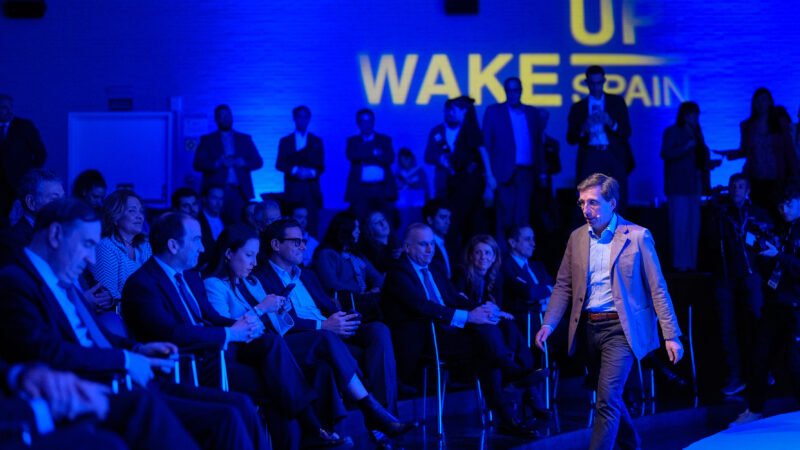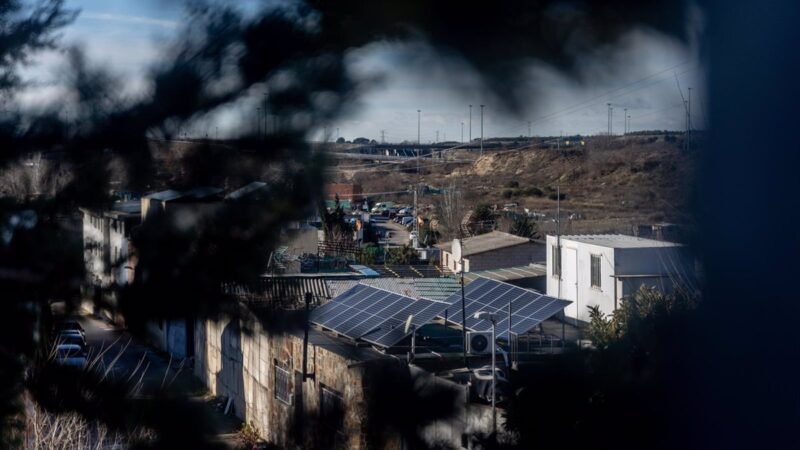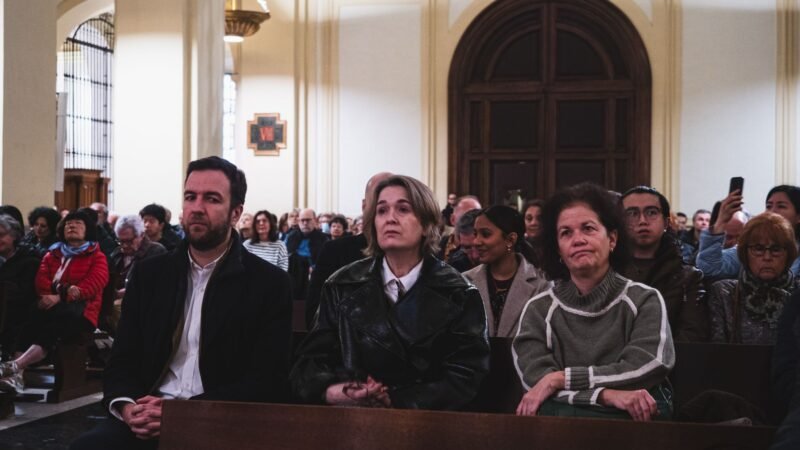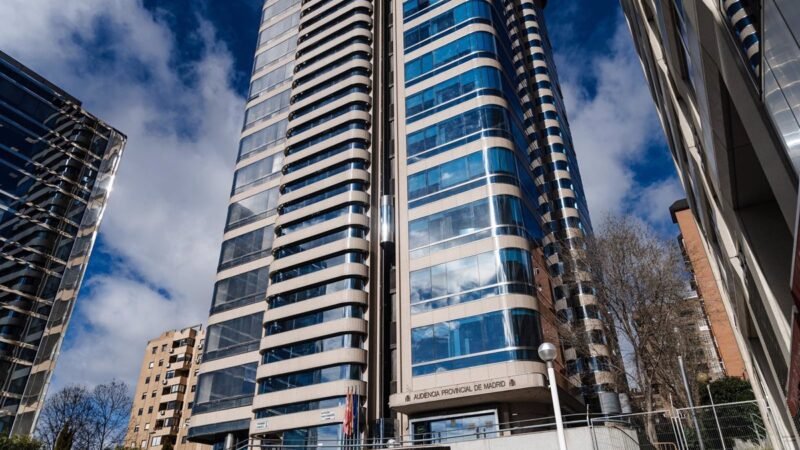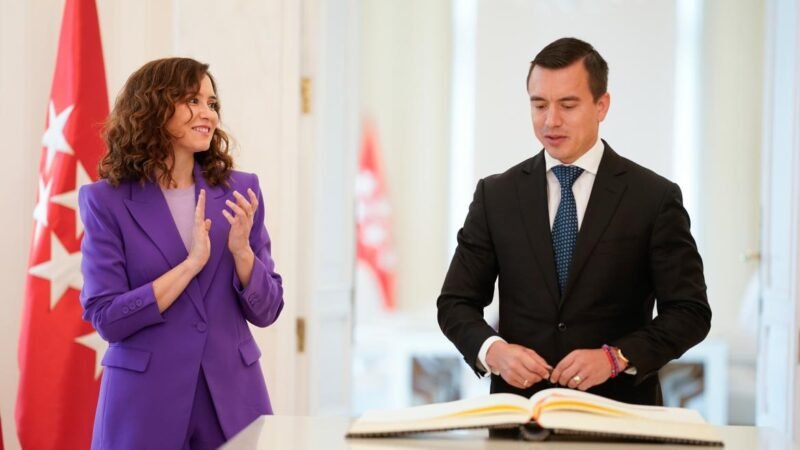Madrid automatizará el proceso de solicitud de licencias para agilizar el desarrollo urbanístico, promover la actividad económica y facilitar el acceso a la vivienda.

Borja Carabante, Delegate for Urban Planning, Environment, and Mobility, and Ángel Niño, Delegate for Innovation, during the presentation
The Delegate for Urban Planning, Environment, and Mobility of the City Council of Madrid, Borja Carabante, and the Delegate for Innovation, Ángel Niño, were in charge this morning of the inauguration of the session where the results of the prior consultation to the market on the implementation of a computer application that automates and streamlines the processing of urban planning permits at the City Council of Madrid were presented. At the Puerta de Innovación Lab center, under the title «Automation of the processing of municipal urban intervention means», the conclusions of the different proposals received were presented.
The participation call, which started in December and ended in February through a form, was open to individuals or public and private entities with knowledge on the subject. This consultation sought to develop possible solutions and recommendations from the participating companies facing the ambitious challenge that the City Council of Madrid is facing: the automation of permits to provide greater legal certainty throughout the process and reduce processing times, human and material resources. The final report will serve as the basis for the contracting procedure of innovation for the development and implementation of the new municipal instrument.
Top-level national and international digital innovation hub
As detailed in the meeting, all supporters agreed on highlighting the positive economic and social impact that the implementation of the technological solution for permit automation will generate.
The renewal of the permit processing system will provide greater legal certainty throughout the process and will reduce processing times and human and material resources. Additionally, it will accelerate the urban development of the city, promoting economic activity and access to housing. It will also raise the quality of architecture projects and public works subject to municipal supervision, as it will provide reliability in measurements and costs, as well as in time management and planning.
These advancements are complemented by the improvement of the social reputation of the City Council of Madrid, identifying with dynamic and innovative initiatives, positioning itself as a driver of transformation. It will help position the city of Madrid as a leading digital innovation hub at a national and international level, aligning with the research, development, and innovation programs of the European Union.
The prototype test of the computer application to be developed will be initially implemented in the Urban Planning, Environment, and Mobility Area, as this is where, among other things, urban planning permits for public domain lands and new developments in the city are granted.
GIS and BIM, the most innovative solutions
Another issue highlighted was that the elements of the project with the most relevant innovative content are related to the interaction of GIS (Geographic Information System) and BIM (Building Information Modeling) disciplines, which truly emerge as the most suitable variant. Also, other artificial intelligence (AI) data mining technologies.
Stakeholders stated that automation must have an open-source solution, contributing through BIM to improve the accessibility, usability, management, and sustainability of digital data in construction. For example, it is necessary to anticipate possible non-compliance with regulations before submitting a project. The promoter of the construction project must be able to automatically verify compliance with regulations during the design phase, being able to correct defects.
Automation will provide greater traceability and transparency in the regulatory compliance review process. In the control phase, the municipal technician receiving the BIM model will be able to supervise the presented model and verify that it has been correctly carried out, proceeding to validate the project.
Creation of a support consultancy.
Given the technical complexity of the project, there is a need in a future tender to introduce a Platform Office that, among other functions, will develop a consultancy with the City Council of Madrid to facilitate the dissemination, training, and implementation of the new processes and ensure that the technology of the solution is properly configured and integrated.


